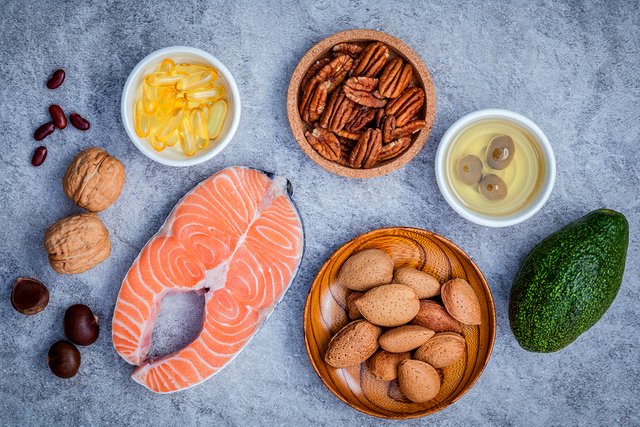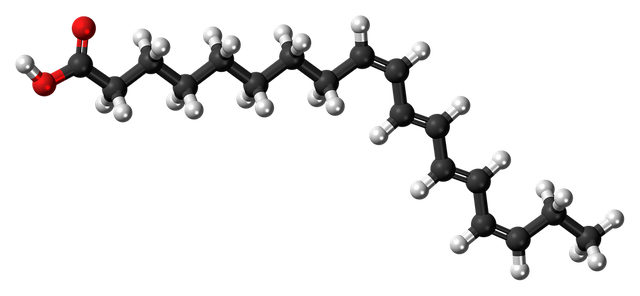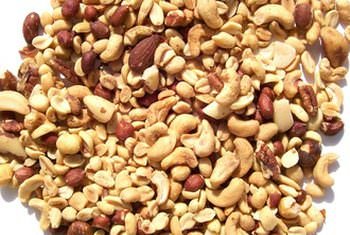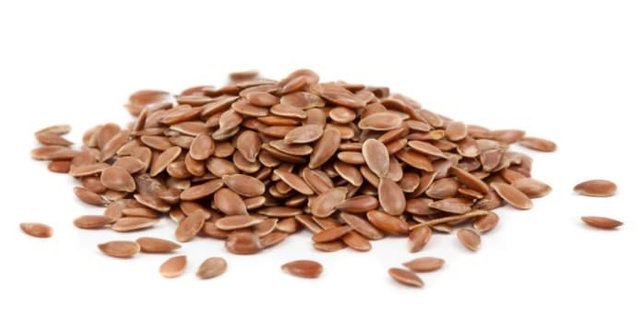Every day we listen something new about fat and its association with disease. Fats are important component of our diet but the diet which is high in fats is highly associated with obesity and increased risk of coronary artery disease, increased blood pressure, diabetes and different types of cancer.

According to recommendations of Health authorities, we should decrease our total fat intake to around 30% of total calories. These changes have drastically decreased the risk of many diseases.
The use of fat as a nutrient:
Our body requires small amounts of many fatty acids from foods, so fat is a crucial nutrient. These are used to build cell membranes and many vital hormones which are known as steroid hormones like testosterone, estrogen and progesterone. These hormones are transported to their destination with the help of fats. The fats also provide protective insulation and shock absorption to vital organs.
Fat is a source of energy. Fat provides about 9 calories per gram, more than twice the number of calories for same amount of carbohydrates and protein. The extra fat that is not used by body is stored in fat cells.
How to sort out the fats?

We don’t need to be a chemist to understand the relation between fats and their effects on our health. Fats are classified according to their chemical structures. Both the amount and the type of fat influences our health. The dietary fats are found in our foods. They are made of fatty acids, which are linked in groups of three with glycerol. When we eat food which contains fat, the fatty acids are separated from glycerol during digestion.
The fatty acids are classified as saturated or unsaturated according to relative number of hydrogen atoms which are attached to carbon chain. The fats that we eat in our food is made up can be mostly unsaturated and mostly saturated.
The fatty acids which lack one pair of hydrogen atoms in their carbon chain are called monounsaturated fatty acids. These type of fatty acids are found in canola, nut and olive oil. These are normally liquid at room temperature. The diet which has monounsaturated fat as a primary source, is linked to low risk of coronary artery disease.The fatty acids that lack two or more pairs of hydrogen atoms in their carbon chain are known as polyunsaturated fatty acids. The sources of polyunsaturated fats are safflower, sunflower, corn and soybean oil. These are also liquid at room temperature. Polyunsaturated fats also lower blood cholesterol levels.
The saturated fatty acids consist of fatty acids, which are saturated with hydrogen. Normally these are found in foods of animal origin. Meat, poultry, dairy products and eggs. The high intake of saturated fats increases risk of coronary artery diseases. Therefore nutrition experts recommend that less than 10% of calories must come from saturated fats.
What are fat substitutes?

The commercial food industry has developed many low or lower fat versions of many foods using variety of food replacers. Fat replacers consist of protein or carbohydrates like starches and gels. Finally in 1996, FDA approved the first non-caloric fat known as olestra which was used in manufacturing of snacks. It is a modified fat and heat resistant, so it can be used in fried foods. It gives creamy flavor to foods.
Final thoughts on fats:
The dietary fats are source of energy but the diets high in saturated fats, increase the risk of gaining excessive weight, high blood pressure and of developing coronary artery diseases. That is why the health experts encourage us to reduce our intake of total and saturated fats by:
• Increasing the use of fruits, vegetables and whole grain foods, which are naturally low in fat
• Using low- fat dairy products such as yogurt and non-fat milk
• Reducing intake of poultry, meat and fish to 5 to 7 ounces daily
• Consuming fish that is rich in omega-3 fatty acids



great one!
people often do not think of what they having or simply love to eat junk foods,
this post will make them know the problems of having those burgers and stuffs!
Downvoting a post can decrease pending rewards and make it less visible. Common reasons:
Submit
I cannot agree with this article as it lacks scientific evidence. Numerous independent studies proved that saturated fat has nothing to do with gaining excessive weight, high blood pressure or cardiovascular diseases.
Could you please provide independent scientific studies that confirm what are you talking about?
Because otherwise, my friend this article is just your personal opinion and it cannot be taken seriously.
Please provide proper education.
Downvoting a post can decrease pending rewards and make it less visible. Common reasons:
Submit